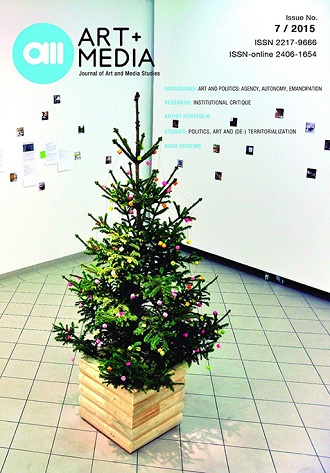Art’s Commitment to Liberation in Marcuse’s Philosophy
Art’s Commitment to Liberation in Marcuse’s Philosophy
Author(s): Ding GuoqiSubject(s): Contemporary Philosophy, Marxism
Published by: Fakultet za medije i komunikacije - Univerzitet Singidunum
Keywords: Frankfurt School; Marcuse; Artistic autonomy; Liberation; Man
Summary/Abstract: Art has a liberating function because it stands on the opposite side of a suppressed society; it is deeply connected with the public’s daily life and has an inherent characteristic of “catharsis”, like describing a good society and identifying with freedom. In the eyes of the theorists of the Frankfurt School, its form is what makes “art” art, while the autonomy of art is what realizes the transcendence and detachment of art over and from society and politics in reality by constructing a new and tangible kingdom of art. Artistic form, artistic autonomy, and the liberation of mankind are the integral parts that form art and they constitute all the elements that are needed in the art world. For as long as art exists, it will keep its commitment to truth, happiness, and liberation. This paper examines the inevitable inherent relationship between art and liberation mainly through discussing and studying Marcuse’s theories of art and aesthetics.
Journal: AM Časopis za studije umetnosti i medija
- Issue Year: 2015
- Issue No: 07
- Page Range: 30-38
- Page Count: 9
- Language: English

